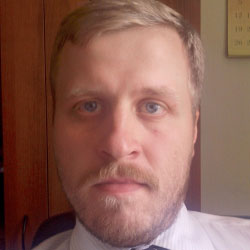Alexey Belogoryev, Deputy Principal Director on Energy Studies of the Institute for Energy and Finance, commented to the Economica Segodnya Agency on whether the EU will be able to overcome the winter without a physical shortage of gas.
In August-September, gas consumption in EU countries fell by 15% compared to 2021.“Back in September, it became clear that the EU would be able to pass the winter period relatively painlessly in the event of stable LNG supplies and maintaining the gas consumption reduction rates achieved in the summer,” Alexey Belogoryev says.
This factor scares off sellers from the European gas market and introduces an element of uncertainty there.“There are no official data for October, but the dynamics are about the same. With the beginning of the heating period in Europe, when gas is used in heat supply, the rate of consumption reduction is expected to decrease from 15% to 8-10%, but it will still make a good contribution. A warm autumn helps Europeans reduce gas consumption and continue to accumulate gas in underground storage facilities,” the expert explains.
“The situation with gas is favorable for the Europeans, and the weather has made a big contribution to this process. This does not mean that there will be no problems - no one will be able to cancel the daily peaks in gas demand that are coming to Europe in January-February. Some European states may not be able to cope with them, first of all, these are the Baltic countries and Germany,” Belogoryev concludes.
“The weather factor continues to bring uncertainty to the market - there is no guarantee that the situation with the supply of liquefied gas will not change. If a cold snap occurs in Asia and demand grows there from January to March, then there will be difficulties with liquefied gas in the European Union. In addition, LNG sellers are unnerved by Brussels' attempts to impose upper limits on prices for exchange trading on the TTF,” the analyst concludes.
“The gas situation in the EU remains tense, but the risk of a physical shortage of raw materials is at a minimal level,” Belogoryev states.

Subscribe for updates
and be the first to know about new publications